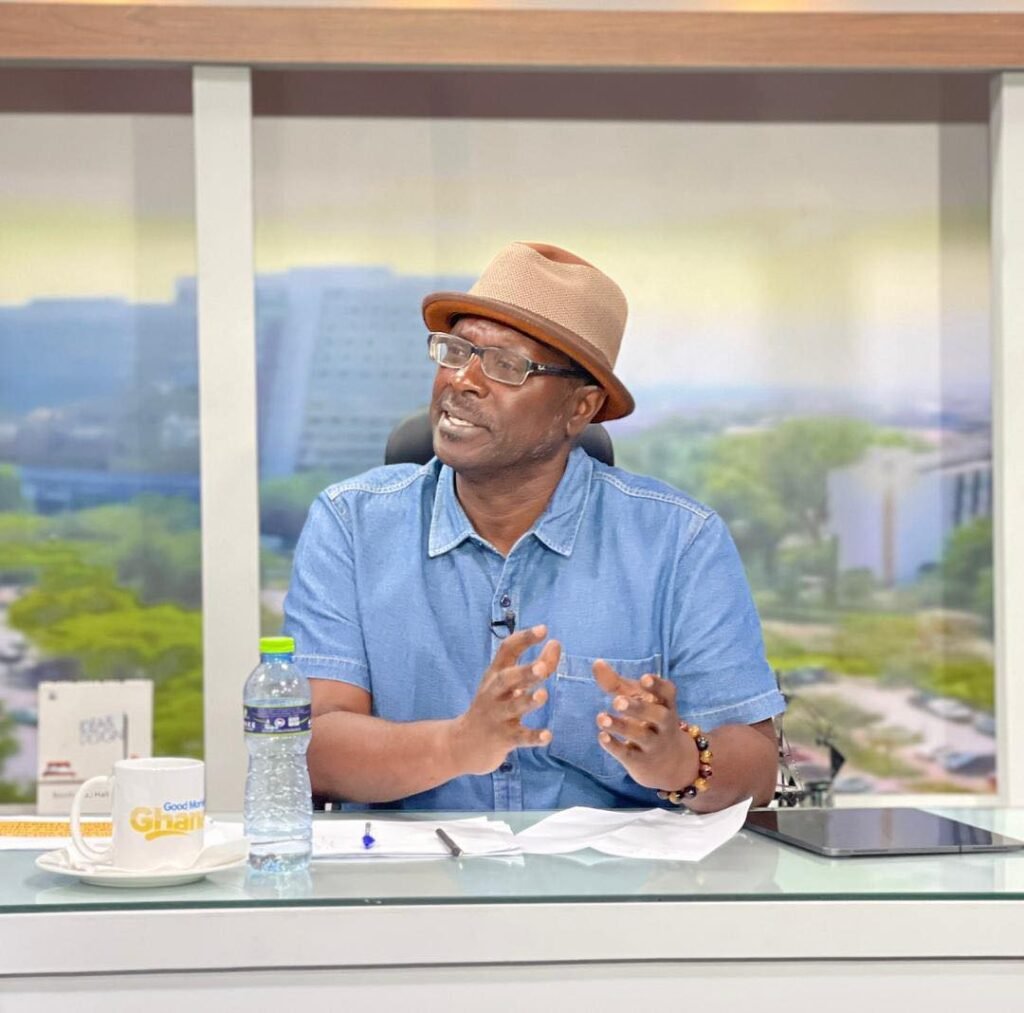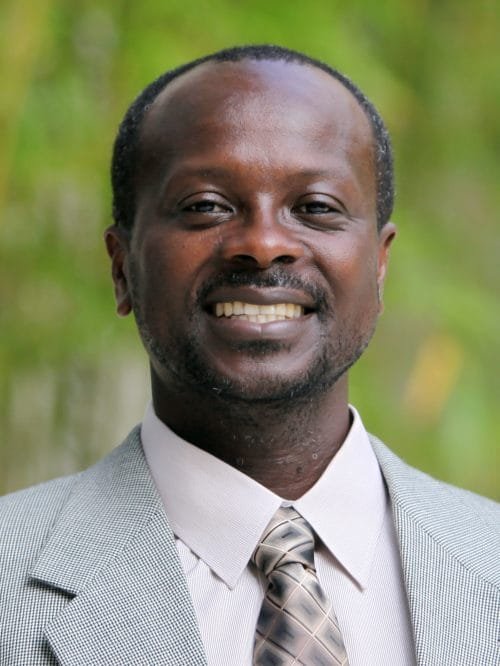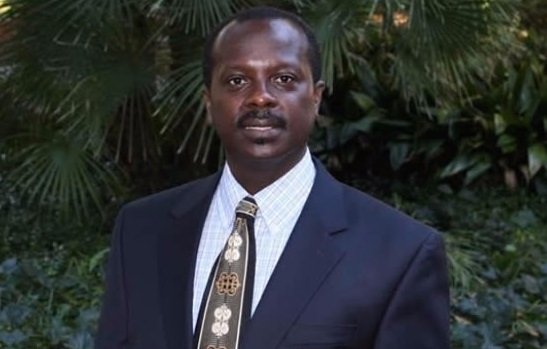Renowned legal scholar and anti-corruption advocate, Professor Stephen Kwaku Asare, popularly known as Kwaku Azar, has issued a clarion call to Ghanaians to throw their weight behind President John Dramani Mahama’s Operation Recover All Looting (ORAL), insisting that this time the fight against graft must not be allowed to fail.
Speaking under the auspices of the Ghana Centre for Democratic Development (CDD-Ghana), Prof. Asare situated ORAL within the long history of anti-corruption pledges made by successive governments since the birth of the Fourth Republic.
He recalled how the late former President Jerry John Rawlings raised the banner of “Probity and Accountability,” John Agyekum Kufuor trumpeted “Zero Tolerance for Corruption,” John Evans Atta Mills boldly declared “I Don’t Care Whose Ox is Gored,” and Nana Addo Dankwa Akufo-Addo championed “the Anas Principle.” Despite these powerful slogans, he lamented, looting has too often emerged victorious.
“Citizens have embraced each battle, but too often, looting has had the last laugh. This time, we—well-meaning citizens regardless of political affiliations—must do all that we can to ensure ORAL succeeds”.
Professor Stephen Kwaku Asare
He expressed particular concern about a revelation by National Democratic Congress (NDC) General Secretary, Fiifi Fiavi Kwetey, who recently alleged that some party bigwigs were attempting to broker backroom deals to shield certain individuals from ORAL’s reach. “Fiifi’s bold public stand is commendable, but we need a national push to finally break the cycle of looting and protection,” he said.

To galvanize citizens and institutions, Prof. Asare laid out what he called the “Top Ten Ways to Stop the Backroom Deals,” arguing that without resolute action from both the state and the public, ORAL risks becoming just another slogan.
National Duty Rather than a Partisan Fight
At the heart of his argument is the need to frame ORAL as a national duty rather than a partisan fight. “Stopping backroom deals must be understood as protecting our democracy and the rule of law, not defending friends, financiers, or comrades,” he stressed.
By rooting the initiative in the collective national interest, he believes Ghanaians can create the broad coalition necessary for real change.
Another major plank of his proposal is the public exposure of saboteurs. For far too long, Prof. Asare argued, there has been a culture of quietly recognizing those who shield looters but failing to confront them.
“No more ‘we see you but we won’t expose you.’ Zero tolerance for those who choose looters over the people,” he said, urging swift naming and shaming of anyone caught attempting to broker deals for corrupt actors.
He further called for an uncompromising stance of “no sacred cows,” stressing that ORAL’s credibility will rest on its ability to pursue cases across the political divide and against individuals of influence. “No one, however powerful, should be above the law. ORAL and the public exposure of backroom saboteurs must cut across the board,” he insisted.

Prof. Asare went on to argue that deal-cutting must be treated as a crime, not politics. He maintained that those who interfere with justice to shield looters should face swift prosecution as a deterrent. In his view, such prosecutions would “send an unmistakable message” that the country has entered a new era of accountability.
Greater Transparency
On ensuring credibility in prosecutions, he advocated greater transparency in how cases are selected, documented, and explained to the public. “Citizens deserve to know the truth so they are not misled by rumors and so they can continue to stand firmly behind ORAL,” he said.
A central part of his proposal is the creation of an independent watchdog body insulated from political manipulation. Such a body, he explained, would be tasked with monitoring cases, exposing interference, and reporting directly to the public.
“An anti-looting fight needs the support of independent oversight and citizen involvement to endure,” he argued. Prof. Asare also highlighted the need to protect whistleblowers, noting that fear of retaliation has silenced many who have witnessed corruption first-hand.
“Shielding and rewarding citizens who expose deal-making can encourage more people to step forward, break the culture of silence, and strengthen the fight against looting”.
Professor Stephen Kwaku Asare
In addition, he urged a strong program of public education to dismantle the “big man mentality” that often shields corrupt actors.
He warned that traditional authorities, religious leaders, and other influential figures must be educated on the harm of lobbying for looters and prosecuted if they interfere. “This mentality is at the root of many of our national ills and must be uprooted,” he cautioned.
He further encouraged grassroots vigilance, calling on communities to take active roles in monitoring and reporting corruption. “Looting is not only fought in courtrooms but also in communities. Citizens must be mobilized to watch, report, and resist efforts to shield looters”.
Finally, Prof. Asare underscored the power of public pressure as perhaps the strongest safeguard against backroom deals. “It keeps institutions honest and warns political actors that secret deals will not go unnoticed. In today’s world, anyone who sees something can say something,” he emphasized.

Prof. Asare’s intervention is expected to add momentum to the national debate around ORAL, as President Mahama’s administration seeks to give practical meaning to its pledge to recover stolen state resources.
His proposals highlight both the opportunities and risks facing ORAL—opportunities to finally break the cycle of impunity, and risks that entrenched interests could once again undermine the process.
As Ghana’s latest anti-corruption battle unfolds, the call by Prof. Asare serves as a reminder that the fight will require not only strong political leadership but also unwavering citizen involvement.
Whether ORAL succeeds where past campaigns have failed may well depend on how seriously the nation takes his warning that “this time, we must do all that we can.”
READ ALSO: Mastercard Unveils 10 Bold Steps to Unlock Africa’s $16.5 Billion AI Opportunity by 2030



















